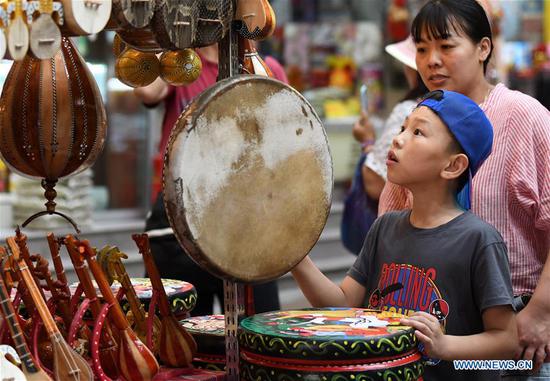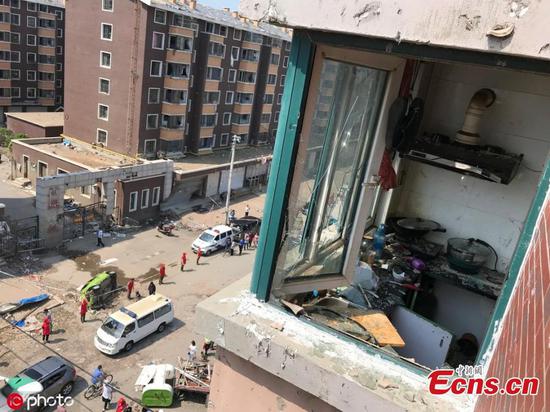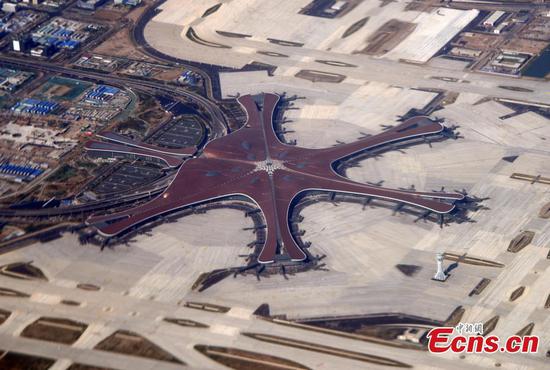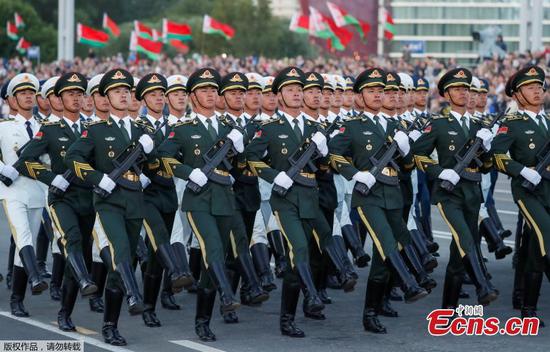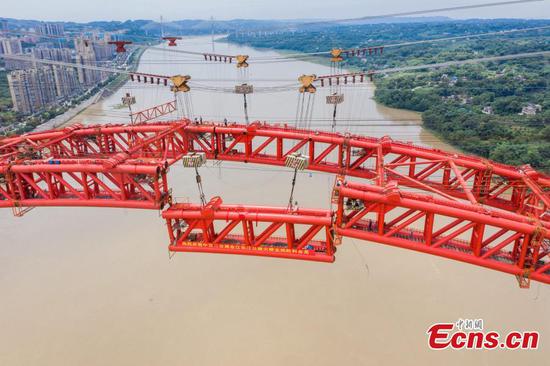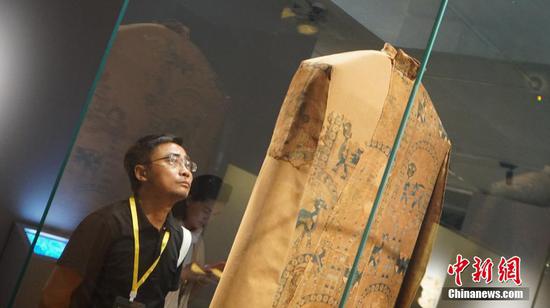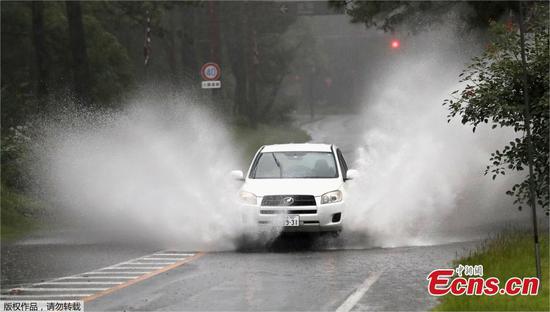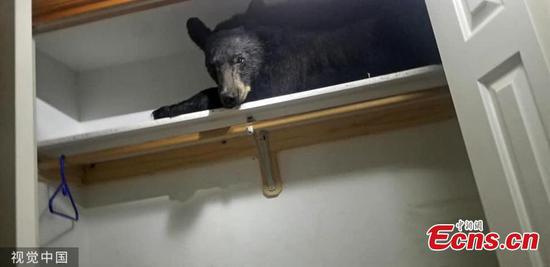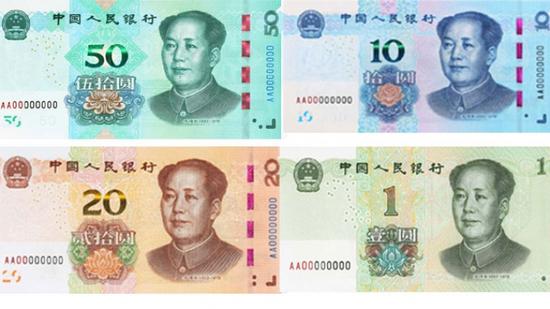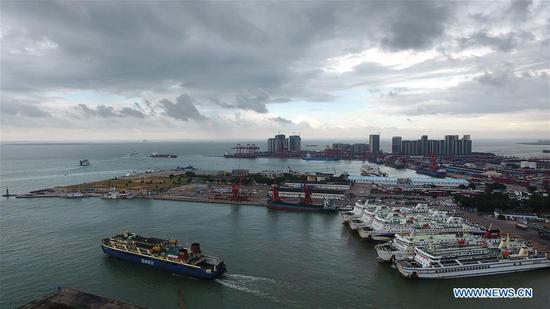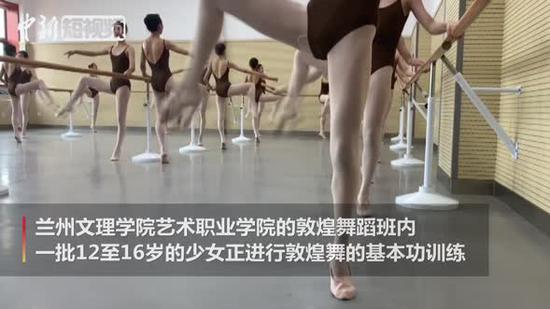China has spared no efforts to carry out supply-side reform and fight against financial market irregularities by better regulating high-risk institutions to make overall risk manageable, officials of the China Banking and Insurance Regulatory Commission said on Thursday.
They said the regulator will continue to advance supply-side structural reform in the financial sector and strike a balance between stabilizing growth and fending off risk.
In the past two years, China reduced high-risk assets worth 13.74 trillion yuan ($2 trillion), restraining the flow of resources from the real economy — the part of the economy that produces goods and services — to the virtual economy, said Zhou Liang, vice-chairman of the CBIRC, at a news conference.
During that time, banks disposed of nonperforming assets of more than 4 trillion yuan, and the nonperforming loan ratio of the banking industry has stabilized at around 2 percent.
Online peer-to-peer lending risk also was significantly reduced. The number of online lending institutions has dropped 57 percent from the beginning of last year, regulators said.
In terms of high-risk financial institutions, Liang Tao, a commission vice-chairman, said the regulator has insisted on the disposal of Anbang Insurance Group Co's overseas assets, which are not a good match with its main business. Also disposed of were its noncore financial licenses.
Regulators took control of Anbang last year because its business operations violated regulations and laws, officials said.
In terms of market concerns about the short-term liquidity difficulties of a few small and mid-sized banks, Zhou said the risk has been resolved after regulators took measures and the financial market is now running smoothly.
To deepen supply-side structural reform in the financial sector, the regulator should strengthen support for the development of small and mid-sized financial institutions, he added. "We will deepen reforms so that financial institutions will go back to the basics, and be more focused on the regions where they are located, to better serve small business, farmers and agribusiness, in addition to strengthening their internal controls and corporate governance," Zhou said.
Xiao Yuanqi, chief risk officer and spokesman of the CBIRC, said China will further open up its financial markets to foreign investors. "We particularly welcome overseas financial institutions and business entities that are specialized in certain niche markets, such as the disposal of nonperforming assets, wealth management and health and pension insurance. We also welcome foreign investors to take part in the restructuring of banks, other lenders and insurance companies, including mergers and acquisitions of small and mid-sized financial institutions," he said.









